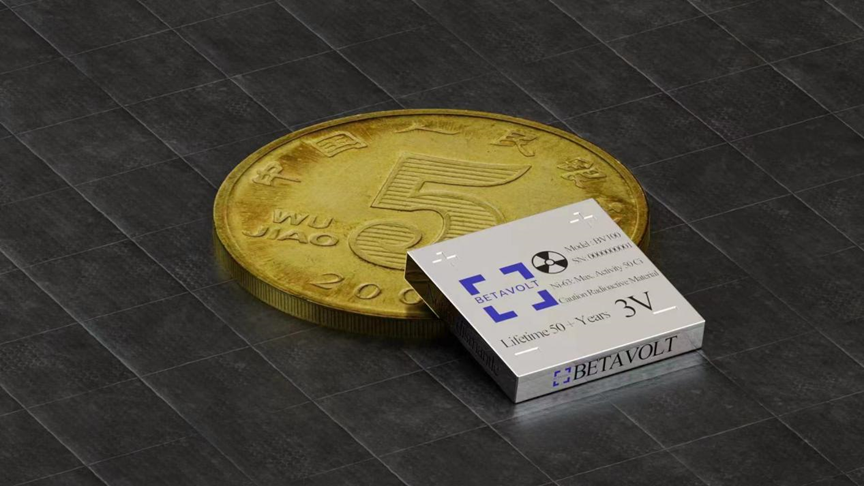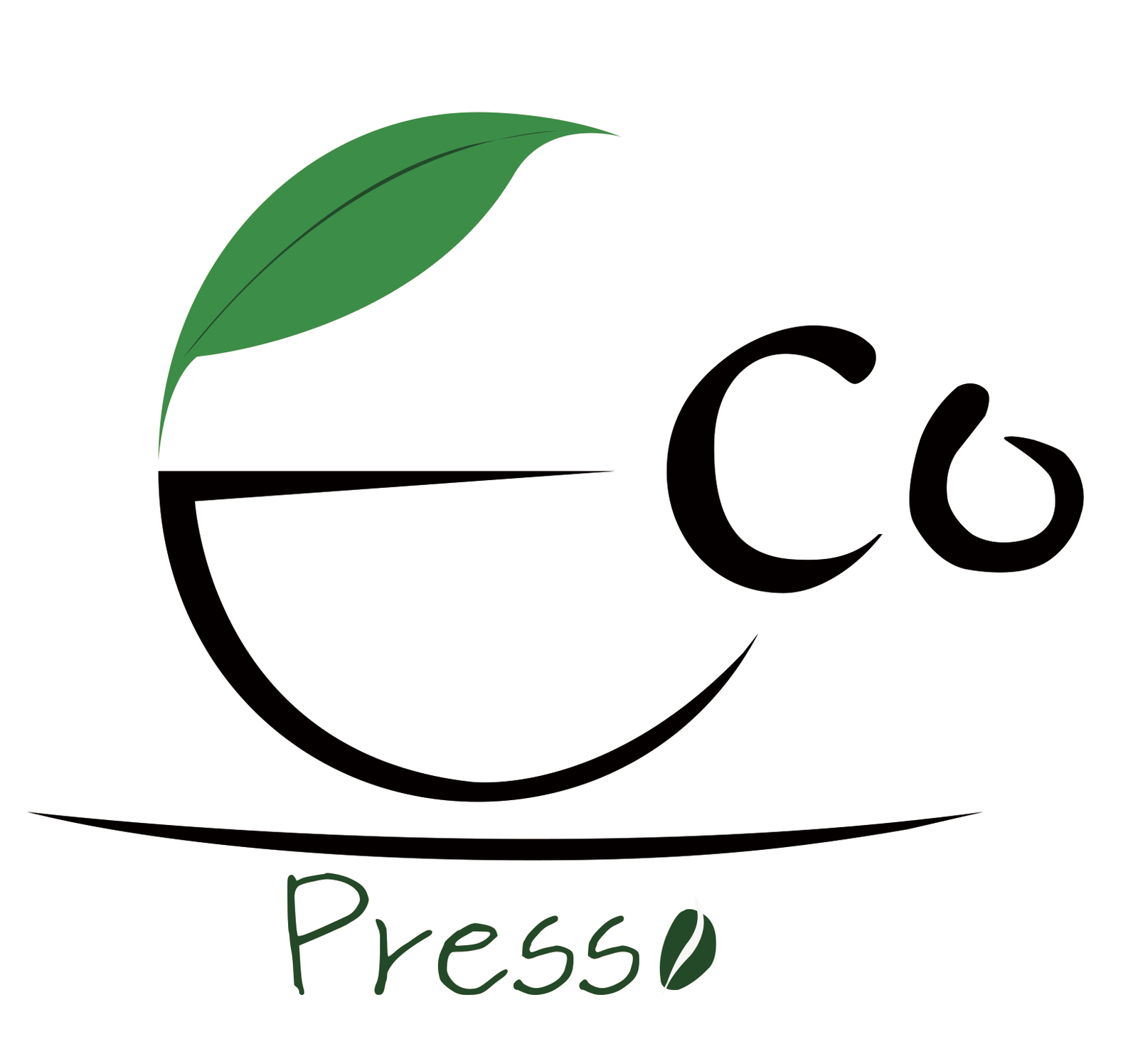[Eco-Asia] A battery run for 50 years without recharging?
 Source : Betavolt Technology website
Source : Betavolt Technology website
Chinese company develops a battery that can run for 50 years without recharging. Far ahead of Europe and the U.S.
The age of electricity has arrived. As the climate crisis escalated, there was a growing demand for a reduction in the utilization of fossil fuels and an increase in the utilization of renewable energy sources. The electric car market has experienced significant growth, led by Tesla. The majority of modes of transportation, including ships and railroads, are transitioning to electric operation.
However, despite the growth of this new industry, there are still environmental issues related to waste batteries. As a result, a new industry has emerged to recycle waste batteries. In fact, the global waste battery market is worth $500 trillion, but LFP batteries, which are electric vehicle batteries that are buried in the ground, have a negative impact on the environment.
A Chinese company has come up with a new solution. It has developed a nuclear battery that can be used reliably for 50 years without recharging or maintenance.
The Beijing-based Betavolt has announced that it has achieved the successful reduction, modularization, and low price of nuclear batteries. The company emphasized that this is far ahead of scientific research institutions and enterprises in Europe and the United States.
Betavolt is optimistic that the miniaturized nuclear battery can be used in various fields such as aerospace, AI equipment, medical devices, and small drones. It also believes that China will lead the new AI technology revolution thanks to this technology.
For several years, the miniaturization, modularization, and civilian use of nuclear batteries has been a goal and direction pursued by Europe and the United States. With the success of Betavlot’s experiment, China is one step ahead in realizing this goal. The battery is modular and can be composed of dozens or even hundreds of independent unit modules, making it possible to manufacture battery products of various sizes and capacities.
“The first product we will launch is the BV100, which will be the world’s first mass-produced nuclear battery,” said Betavlot CEO Zhang Wei. It is smaller than a penny. Betavolt plans to release 15-watt batteries in a year, and expects that if policies allow, cell phones will never need to be charged and drones will fly constantly.
Is it safe and eco-friendly?
What are the biggest safety and environmental concerns?
The battery can operate normally in temperatures ranging from 60 degrees Fahrenheit to minus 63 degrees Fahrenheit with zero external radiation, according to Betavolt. It is also environmentally friendly, and after a certain period of usage, it transforms into a stable isotope of copper that is non-radioactive and does not pose any threat or pollution to the environment. Therefore, unlike traditional chemical batteries, it does not require expensive recycling processes.
Currently, humanity is following the paradigm of the era of green and AI industry development. Betavolt has the key to solving the battery problem, which plays the most important role in both industries. Will it be a game changer in the new industry or will it end up as a battery fantasy?





